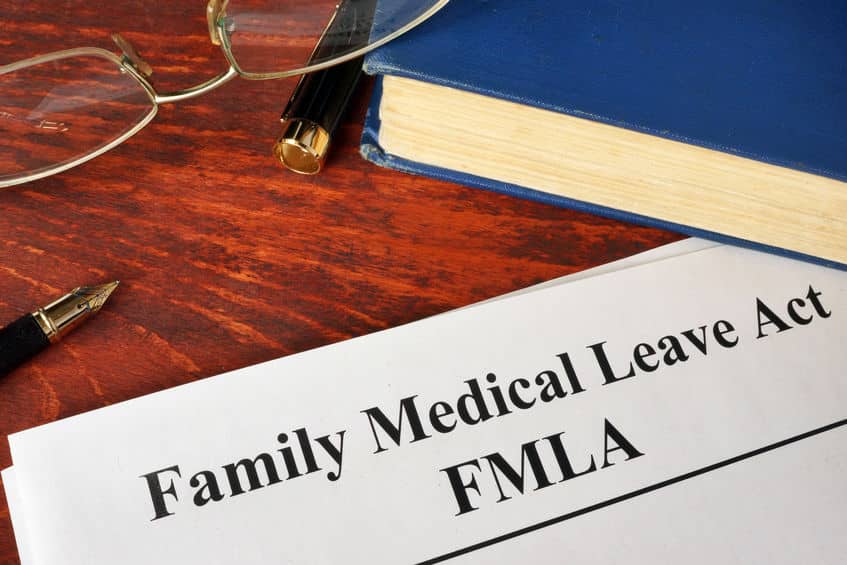
48.5 million (17%) Americans struggle with a substance use disorder, but only 23% receive the help they need. One of the biggest barriers? Fear of losing your job while seeking treatment. Fortunately, you may be legally protected through the Family and Medical Leave Act (FMLA). This federal law allows eligible employees to take time off for serious health conditions, including substance use disorders, without risking job security.
What is FMLA?
The Family and Medical Leave Act is a federal law that gives certain employees up to 12 weeks of unpaid, job-protected leave per year for specific family or medical reasons. FMLA has made it possible to take care of your health and the health of your family without sacrificing your job or health insurance. Thankfully, treatment for substance abuse can be covered by FMLA.
What reasons can I use FMLA for?
- The birth, adoption, or foster care placement of a child
- Caring for a child, spouse, or parent with a serious health condition
- Your own serious health condition that prevents you from working
- Certain situations related to a family member’s military service
Can I use FMLA for inpatient or outpatient substance abuse treatment?
Generally, yes. The term “serious health condition” can include substance use disorders and mental health conditions if:
- You’re receiving inpatient care (like a residential treatment program)
- You’re receiving ongoing treatment by a healthcare provider (like intensive outpatient programs)
- A covered family member needs your care during their treatment
It is important to note that if your substance use interferes with your job performance, your employer may still take disciplinary action.
Am I eligible for FMLA?
You may qualify for FMLA if you:
- Have worked for your employer for at least 12 months, and worked at least 1,250 hours
- Work for a company with 50 or more employees, a government agency, or school
- Work for a covered employer
What protections does FMLA provide?
Eligible employees can:
- Take up to 12 weeks of unpaid leave during a 12-month period
- Take up to 26 weeks of military caregiver leave during a 12-month period
- Use leave intermittently, even a few hours at a time
- Return to the same job or a nearly identical role
- Keep your group health insurance while you’re on leave
Your employer cannot fire, discipline, suspend, or retaliate against you for requesting or taking FMLA.
Do I need to tell my employer why I am taking FMLA?
No, your medical privacy is protected. While you need to share enough information to show your leave qualifies for FMLA, you do NOT need to say that you’re seeking treatment for substance abuse, nor do you need to share any other medical history that is unrelated to why you are taking leave.
Now that I know I can take time off, how do I find treatment for myself or a loved one?
When you’re ready to begin your recovery journey, The Council is the place to start for objective and expert advice. Our compassionate team will walk alongside you to ensure you find the support you or a loved one needs – whether it is with us or elsewhere in the Houston community. Contact The Council or call us at 713-942-4100 to take the first steps toward recovery.
Note: This blog is for informational purposes only and does not constitute legal advice. For questions about your specific rights or situation, consult your HR department or a legal advisor.
